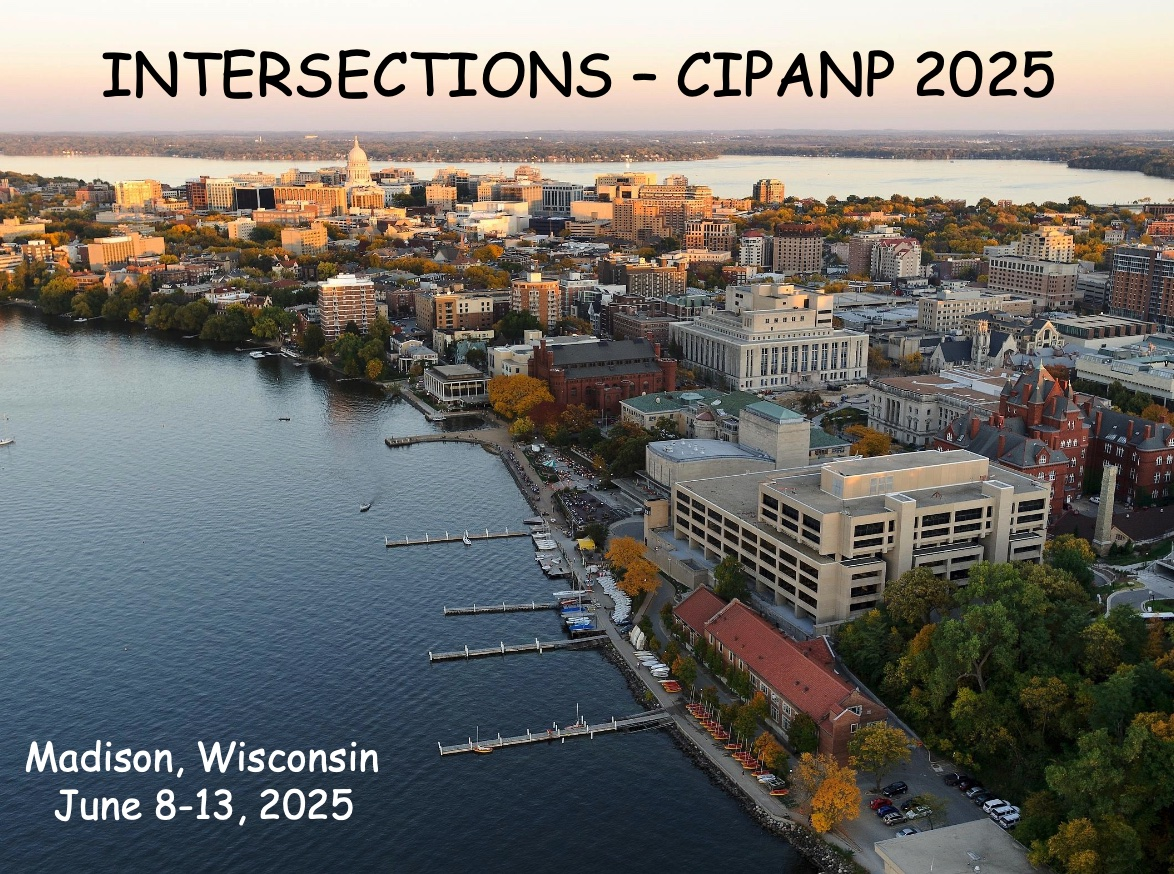Speaker
Description
Although the origin of elements is a longstanding mystery, neutron capture processes are known to be a crucial mechanism by which nucleosynthesis can overcome the repulsive forces associated with adding another proton to a nucleus. Studies have identified at least three neutron capture processes believed to be taking place in astrophysics: the slow (s), rapid (r), and intermediate (i) neutron capture processes. Not only are the site(s) of the r and i processes under active study, but open questions remain regarding how much each of these contributed to the overall enrichment of stars such as our Sun. In particular, the r process synthesizes exotic and unstable nuclei that have yet to be probed in terrestrial experiments. Thus r-process studies must consider how uncertainties in the nuclear physics data propagate to the interpretation of observables. In this talk I will discuss how stellar and Solar abundance patterns can be used to inform r-process studies. I will show how recently reported nuclear masses from experiments and cutting-edge nuclear theory change our picture for the abundance of key elements (e.g. gold) produced in sites such as neutron star mergers. I will also discuss a new application of machine learning which aims to classify the enrichment source of stars via training on theoretical nucleosynthesis calculations. Novel, interdisciplinary work at the intersection of observation, experiment, theory, and computational science are key to carving out the new ideas and tools needed to modernize heavy element nucleosynthesis studies.

